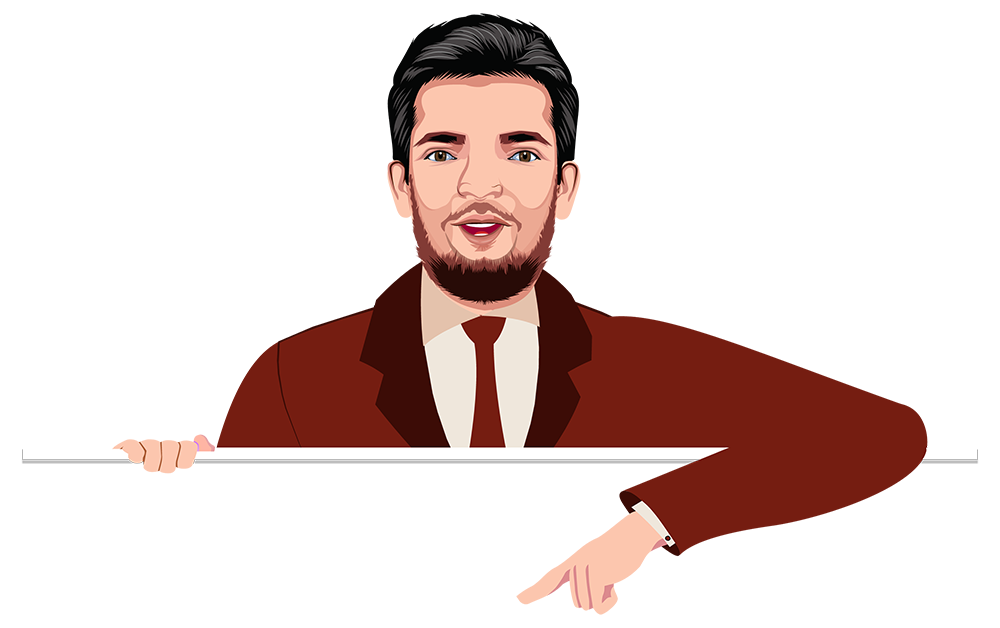If you are a coach—life coach, business coach, career coach, mindset coach, or any type of service-based expert—you already know one thing: clients don’t come automatically. You must show your presence where decision-makers spend time. And that place is LinkedIn.
With over 1 billion professionals actively using the platform, LinkedIn is no longer just a job-search website. It has become the biggest organic lead-generation hub for consultants, trainers, and coaches. If used strategically, it can act as a 24/7 automated lead generation machine for your coaching business.
In this article, we’ll break down exactly how coaches can use LinkedIn to attract high-quality clients, build authority, and generate leads consistently.

1. Optimize Your LinkedIn Profile for Conversions
Your LinkedIn profile is not just a resume—it is your sales page.
People decide in 5 seconds whether they want to explore your profile or scroll past it. This is why your profile must be optimized with:
✔ A Clear, Benefit-Driven Headline
Instead of writing:
❌ “Life Coach | NLP Practitioner”
Write this:
✔ “Helping Working Professionals Build Confidence & Transform Their Careers (Life Coach)”
A benefit-driven headline instantly tells the visitor who you help and what result you create.
✔ A Story-Based, Impactful About Section
Use this structure:
- Who you are
- What problem you solve
- Who you serve (your niche)
- What transformation you deliver
- CTA (book a call, DM, download lead magnet)
Example CTA:
➡ “DM me ‘Clarity’ for a free 15-minute consultation.”
✔ Featured Section With Lead Magnets
The Featured section is your digital shop window.
As a coach, you should add:
- A free ebook or guide
- A “free discovery call” link
- A webinar replay
- Case studies
- Client success screenshots
A lead magnet here increases the chances of generating inbound leads.
2. Build Your Authority With High-Impact Content
Content is the engine that turns your profile into a lead-generation machine.
To build trust, your content should position you as a thought leader. Use these content categories:
a) Expertise Content
Topics that educate your audience:
- Frameworks
- Step-by-step guides
- Common mistakes
- How-to posts
- Insights from your coaching sessions
This shows your expertise.
b) Storytelling Content
People connect more with stories than information.
Share:
- Your personal transformation
- Client success stories
- Challenges you faced
- Real experiences from your coaching career
This builds emotional connection.
c) Opinion Posts
Posts like:
- “Why 80% of professionals fail at goal-setting”
- “The truth about career growth nobody talks about”
These create engagement and show your unique perspective.
d) Value-Based Carousels
Carousels perform extremely well:
- “5 habits to become more productive”
- “7 mindset shifts for personal transformation”
- “Best career advice I give to my students”
They increase shares, saves, and reach.
e) Call-to-Action Posts
Example:
➡ “If you want to work on confidence building, DM me the word ‘CONFIDENCE’.”
This directly brings leads into your inbox.

3. Grow Your Network Strategically
On LinkedIn, your network = your income potential.
Instead of sending random connection requests, connect with:
- Working professionals in your niche
- HRs
- Managers
- Business owners
- People who frequently engage in personal development
Send a personalized note:
“Hey, I noticed you’re interested in leadership and self-growth. I help professionals improve clarity and productivity. Happy to connect.”
Do NOT pitch immediately.
Nurture the relationship first.
4. Engage With Ideal Clients Daily
Lead generation on LinkedIn is not only about posting—it’s also about engaging with your audience’s content.
Every day spend 10–15 minutes doing:
- Commenting on posts
- Reacting genuinely
- Sharing meaningful inputs
- Replying to DMs
- Joining industry discussions
Your thoughtful comments act as mini advertisements, exposing your expertise to hundreds of people.
5. Use Smart Direct Messaging (But Not in a Spammy Way)
DMs are powerful, but most coaches misuse them.
Instead of writing:
❌ “Hi, I’m a life coach. Can we schedule a call?”
Use a conversational approach:
✔ “Hey, thanks for connecting! I noticed you’re working toward career growth. What’s one thing you want to improve this month?”
A conversation-first approach leads to:
- Trust
- Relationship
- Higher conversions
You can gradually offer your discovery call after asking follow-up questions and understanding their problem.
6. Offer a Lead Magnet or Free Value
People rarely buy coaching directly.
They need trust and experience.
Use these to capture leads:
- Free e-book
- 7-day challenge
- Free worksheet
- Goal-setting template
- Webinar
- Personality test
Your goal should be:
Give value → Build trust → Convert to call.
7. Use LinkedIn Search Smartly
LinkedIn search is extremely powerful.
Search for your target audience:
- “Working professionals”
- “HR Manager”
- “Team leaders”
- “Business owners”
Filter by:
- Location
- Industry
- Job role
This helps you find hot leads faster.
8. Social Proof Converts Better Than Anything Else
For coaches, credibility is everything.
Showcase:
- Testimonials
- Before-after transformations
- Screenshots
- Video testimonials
- Achievements
- Certifications
People don’t buy coaching—they buy results.
9. Consistency is the Real Lead Generator
Posting once a week won’t bring results.
A steady flow:
- 4–5 posts a week
- 10–15 comments a day
- Daily profile visits
- Weekly CTA posts
This keeps you always visible in your target audience’s feed.
Visibility → Trust → Leads → Clients.
Conclusion
LinkedIn is the best platform for coaches because it brings high-intent, professional, quality leads without spending money on ads. When you optimize your profile, publish authority-building content, network strategically, and use value-based DMs, LinkedIn automatically becomes your lead generation machine.
If you are a coach looking to grow your client base, LinkedIn is not just an option—it is a necessity.


